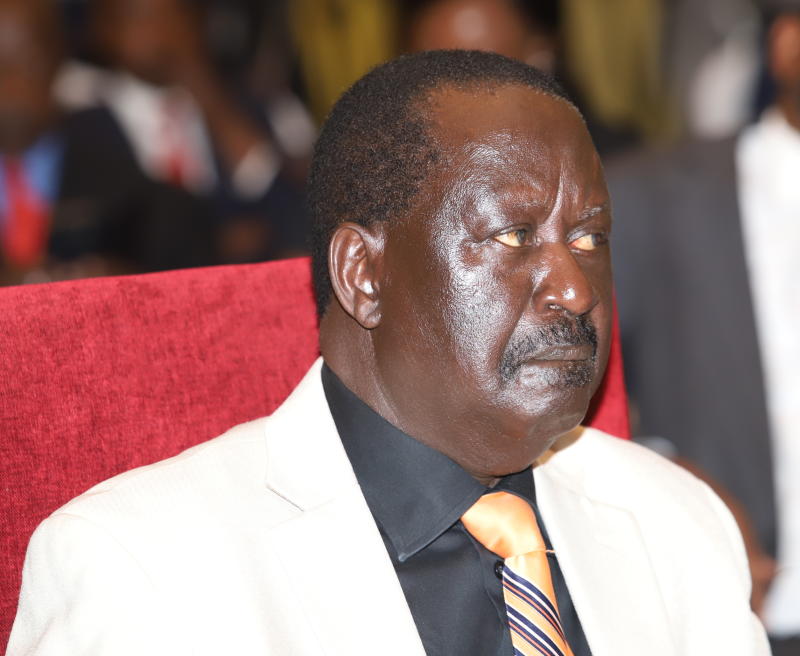×
The Standard e-Paper
Stay Informed, Even Offline

In this continuing series, we continue to dispense unsolicited counsel to power barons staking a claim in next year’s presidential polls. We turn our attention to Agwambo, aka Tinga, aka Baba, aka “People’s President.” Raila Amollo Odinga.
Odinga, of course, is one of the most recognisable names in Kenyan politics, one that in the reductionist political lexicon in vogue, and promoted by pseudo-scholars allied with the Barrow movement, would be squarely placed under the “dynasty” label.